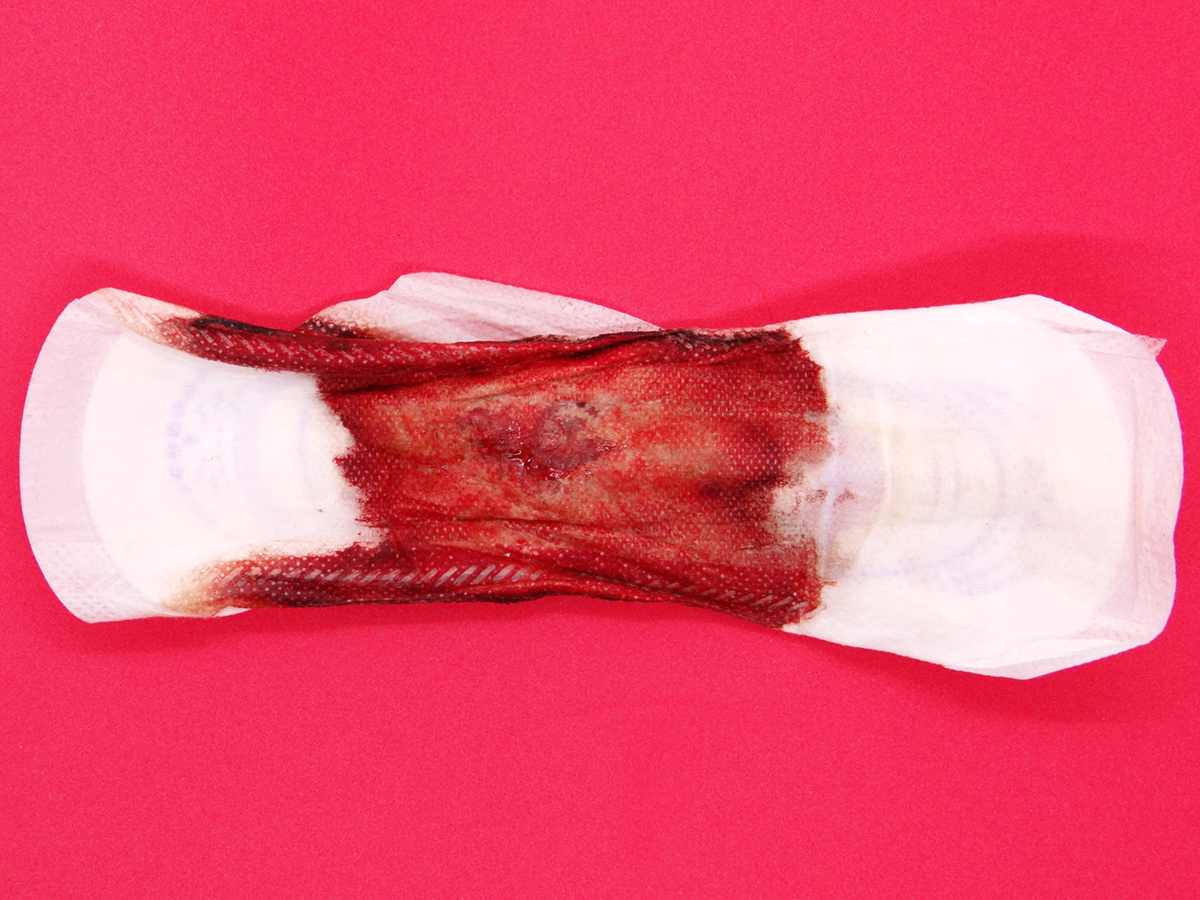
Bleeding or spotting between periods is a frightening and stressful experience, because the most women know that bleeding should be limited to periods only. Bleeding or spotting can be a one-time occurrence, or it can happen every month. In any case, it is better to see a doctor and find out what exactly is going on. Post-menopausal women and girls younger than 11 should not bleed at all, so they too should consult a doctor if the bleeding or spotting occurs. It is also important to determine where the blood comes from. It may not be vagina, but rectum too. The blood may also be coming from urine.
What is normal menstrual bleeding?
Normally, menstrual bleeding occurs every 28 days or so, though this can vary from women to women. Some women get their period every 21 days and others every 35 days. Anything between that is considered normal. It usually lasts four to five days, with the heaviest flow around the day two. Although it may seem that a woman is losing a lot of blood during menstruation, the amount is in fact equal to two to eight spoonfuls.
What causes bleeding between periods?
There are many reasons why spotting or bleeding between periods can occur. Some are serious and some represent only minor medical issues. However, every case of bleeding between periods should be reported to doctor.
The most common reasons for bleeding or spotting between periods include pregnancy, implantation bleeding, miscarriage, hormonal fluctuations, starting, stopping or skipping oral contraceptives or hormone replacement therapy, injury to vagina, stress, low thyroid levels, certain medications, especially anticoagulants, vaginal dryness, gynecological procedures and malignant tumors.
Some women experience mild spotting or very light bleeding during their ovulation, which is basically normal.
During menstrual bleeding, as well as during bleeding between periods, Aspirin and similar anticoagulants should not be taken, as they may aggravate the bleeding.
What to expect at the doctor’s?
As it is mentioned above, it is best to see a doctor and tell him or her about spotting or bleeding between periods. The doctor will hear about the symptoms and ask some questions about medical and family history. He or she will need to know about all the previous illnesses and conditions that affected the reproductive system, about pregnancies, miscarriages, eventual abortions and similar. It is also important that the patient mentions any medication or supplement, including herbal supplements, that she is currently taking.
The doctor will perform a physical exam, including pelvic exam and Pap smear. Sometimes doctors also order blood exams.
After the diagnose is made, the treatment for bleeding or spotting between periods will depend on the specific cause.

















Your thoughts on this
Loading...